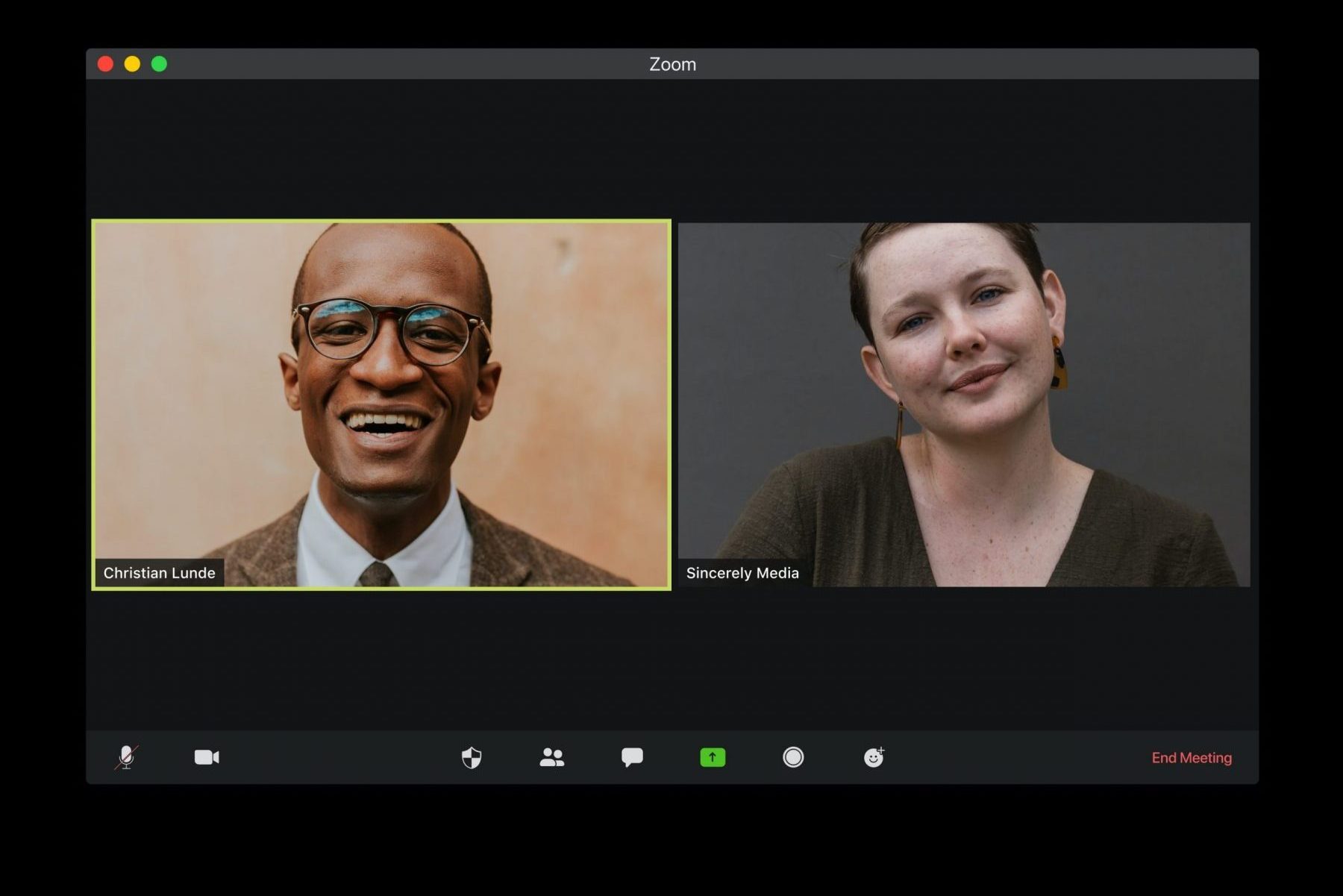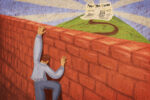As breaking news leads pile up and most people remain stuck inside, remote student journalism is more important than ever. Reporting from home can seem like a complicated process, however, these six strategies will ensure that your work will go as smoothly as possible.
1. Make a Pleasant Place To Work
While stuck at home, you may miss the places you used to work. The newspaper office, libraries, parks and professors’ offices are some of the locations where we used to do our reporting and write our articles. These spaces shaped our reporting and gave our written pieces a sense of place.
Try to identify characteristics of your favorite places to work, and bring them home with you. Before COVID-19, I loved conducting interviews in coffee shops. Now, I make my own mochas and listen to coffee shop soundtracks while I write.
If home is noisy or crowded, wearing ear plugs or bringing your work to a park can be helpful strategies. Alternatively, find a time of day (or night) when your family and friends are asleep so you can work in peace and quiet. I may be partially nocturnal now, but I meet my deadlines.
2. Get Embedded in Social Media Relevant to Your Reporting
If you are strategic with your social media presence, you can find leads and sources online. Consider following student, faculty and administrative accounts on multiple social media platforms. Keep an eye out for private groups relevant to your reporting, and join them if you can. While institutional accounts are less likely to be useful for finding sources, they can help you understand what narrative your university and city are promoting.
I frequently find sources on social media, especially when I need student sources. Be polite. Always introduce yourself as a reporter, and if you want to interview someone on the record, be honest about your intentions. Just as with in-person journalism, transparency is key. Be clear about the direction your story is going in, when and where it will be published, and if you are going to contact any other institution or person for comment.
3. Develop Virtual Interview Skills
Back when you did largely in-person reporting, you rarely had to worry about time zones. However, many of your sources are now scattered across the country and the world. Make sure to specify time zones when you arrange interviews, and be mindful when calling people. If time zone differences make live interviews impossible, consider email interviews.
If scheduling a phone or Zoom interview is possible, the next thing you need to consider is avoiding technical difficulties. If you or your interviewee have bad internet connection, consider a phone interview instead of Zoom. Take notes, record the interview and always work on the assumption that your recording device or software may fail. Always have a back-up recording system or set of notes — you will thank yourself for this later. Make sure your phone and recording devices are charged or plugged in.
The email interview format can make it difficult to get clear answers, because you can’t ask immediate follow-up questions. Make sure to ask specific questions, and request supporting documents whenever possible. Even though you have the interviewee’s answers in writing, it is best to send a quote check with whatever selections you plan to use in your final draft.
4. Build an Online Presence
There are many online communities for journalists, and I recommend you seek out one that works for you. Follow the social media accounts of other journalists to learn from their examples, and create a professional social media account of your own.
Consider using your social media accounts to inform people — live tweet online events and create explainer threads about complicated topics.
If you make yourself known online, people will sometimes contact you with leads. However, be cautious about what contact information you make public — public feedback can turn into trolling in a heartbeat. I would recommend making a separate journalistic email address and saving a list of contacts in case you need to shut down an account. If you make a personal website with a contact form, add a CAPTCHA to screen out some of the bots.
5. Use This Time To Learn New Reporting Skills Online
Journalists are increasingly expected to be a jack-of-all-trades, to be multimedia experts who can write, report, photograph, code, edit and promote their own stories. Each of these skills is difficult, and learning all of these tasks can feel impossible.
The good thing is that the internet is full of low-cost educational resources to help you master the skills you will need to keep up in the fast moving world of journalism. Poynter Institute’s Online News University classes can help you learn the basics of journalism, and you can audit HarvardX and Coursera classes about subjects you want to report on for free. Check if your university gives you free access to LinkedIn Learning — it is full of classes on audio and video production, editing, data analysis and coding.
6. Take Care of Yourself
Reporting on a pandemic while living through it has been hard for all of us. Please cut yourself and your fellow student reporters some slack. We are all trying to get through a global pandemic, and there is no way of knowing when we return to normal, or what normal will look like.
If all you do is be as cautious as possible within the constraints of your own life, that is enough. Take care of your body with exercise, healthy food and plenty of water; talk to your family and friends; try to do things you enjoy regularly. Whatever the new normal looks like, I look forward to seeing what my fellow student journalists do next.
















